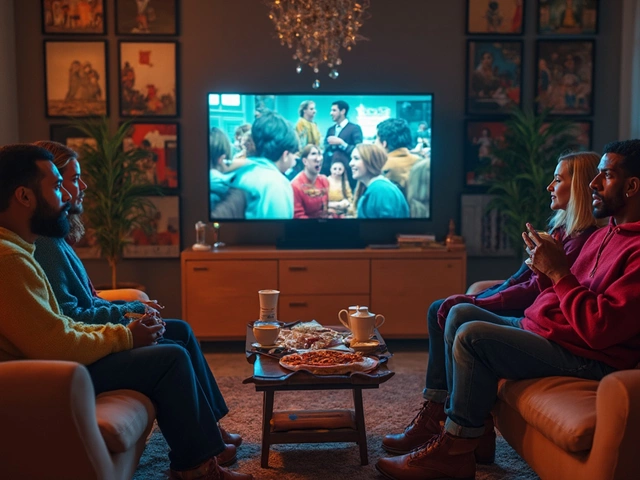Privacy Basics: How We Keep Your Data Safe
Ever wonder what happens to the info you share online? You probably typed your name, email, or phone number and assumed it vanished into a safe cloud. In reality, any website that collects data has a responsibility to protect it. That’s why privacy matters – it's the promise that your personal details stay private and are used only for the reasons you expect.
At Suffolk Pony Parties we collect just enough information to book a birthday party, send a confirmation, or answer a question. We never sell your details to third parties, and we store everything on secure servers with strong passwords and encryption. If you’re curious about what we keep, here’s a quick breakdown:
- Name and contact info – needed to confirm bookings and send updates.
- Party preferences – helps us plan the right pony activities.
- Payment details – processed safely through trusted payment gateways.
None of this is shared beyond what’s needed for your party. If you ever want us to delete your data, just ask and we’ll do it – no hassle.
Simple Steps to Protect Your Own Privacy
Even if a site is trustworthy, you can boost your privacy with a few easy habits:
- Use strong, unique passwords. A mix of letters, numbers, and symbols works best.
- Enable two‑factor authentication. It adds a second check, like a text code, before anyone can log in.
- Limit what you share. Only give the details a site truly needs.
- Check privacy settings. Most sites let you control who sees your info – take a few minutes to review them.
These tips keep hackers away and make sure your data doesn’t end up where you don’t want it.
What to Look for in a Privacy Policy
A good privacy policy is short, clear, and tells you exactly what’s collected, why it’s collected, and how it’s protected. Look for these key points:
- Specific data types listed (e.g., email, address).
- Clear reasons for collection (booking, communication, marketing).
- Details on storage security (encryption, secure servers).
- Options for opting out or deleting data.
If a policy feels vague or hidden behind legal jargon, ask the company for clarification. You deserve to know where your information goes.
Bottom line: privacy isn’t just a buzzword – it’s a practical shield for your personal life. Whether you’re signing up for a pony party or scrolling through a social feed, taking a few simple steps can keep your data safe and give you peace of mind.

Are Escape Rooms Recorded? What Really Happens Behind the Scenes
Ever wondered if your escape room game is being filmed? Discover the truth about recordings in escape rooms, privacy, and how cameras affect your next adventure.




